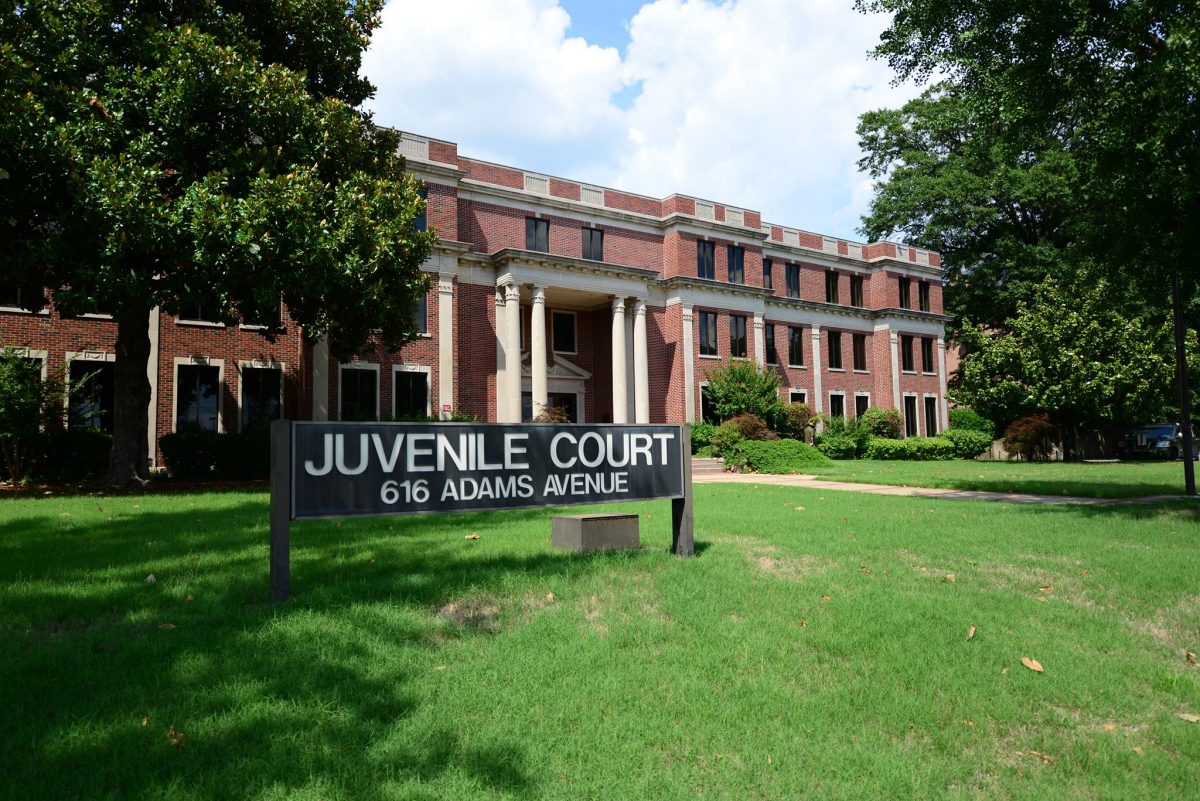Community partners are urging the Shelby County Sheriff’s Office and Youth Detention Center to be transparent about their decision to stop transportation of youth to court, and their decision to transition Youth Justice and Education Center (YJEC) operations to the Juvenile Court.
An open letter issued on behalf of youth justice and community organizations asked Sheriff Floyd Bonner to address these issues, while also shedding light on how these decisions affect both young people and the community.
“Just days before Juvenile Court resumed operations following a five-month closure, the Sheriff’s Office announced it would no longer transport youth to court hearings, forcing an emergency shift to virtual proceedings,” advocates said. “This decision comes amid ongoing disputes about the sheriff’s unilateral announcement to transfer detention center operations to Juvenile Court by December 2024, despite mid-budget cycle constraints and the need for proper transition planning.”
In October, it was announced that juvenile court would remain virtual due to lack of transportation from deputies. Prior to this, Juvenile Court was closed in April for “remedial work.”
Ala’a Alattiyat, youth justice coordinator of the Youth Justice Action Coalition, emphasized that these decisions negatively impact the youth and their families.
“When we deny youth proper court access and rush critical transitions without adequate planning, we’re not just affecting their legal rights —we’re sending a message about how little we value their future opportunities.”
Aries Newton, government affairs director of Stand For Children, called the December 2024 deadline “arbitrary and hasty” and said these choices seem to prioritize convenience over wellbeing.
The four-page letter was signed by several community organizations such as Stand for Children Tennessee, Memphis For All, and Memphis Interfaith Coalition for Action and Hope (MICAH). Not only did the document express concern, but it included a call to action on transportation, “transition planning,” and the entire experience.
“We write with profound concern about how recent operational decisions affecting the Youth Justice and Education Center are damaging the rehabilitation and development of young people in our community,” the letter said. “The abrupt cessation of youth transportation services and rushed timeline for transitioning the detention center reflect choices that not only violate constitutional protections but, more critically, threaten to create a cycle of disconnection and recidivism that impacts all of Shelby County.”
Advocates emphasize that the obstacle of transportation affects multiple facets of the rehabilitation process. The letter asserted that familial connections and “comprehensive support” can reduce recidivism rates according to research.
They went on to state that when the YJEC was built, it was meant to be a place for “rehabilitation and hope.” It represented a $30 million investment that included a kitchen, computer lab, and outdoor spaces for “young people to develop skills and envision different futures for themselves.”
The letter also advocates for expanded in-person visitation, activated educational and vocational facilities, wellness programming, mental health and counseling support, and more. According to the letter, the decision to not be intentional about facility operations sends a negative message to the youth and implies that they don’t matter.
Earlier this year, a different letter was sent from a consortium of organizations urging Bonner to address these changes. Their biggest concern was their decision not to allow in-person visitation, while also criticizing the fact that their education did not parallel mainstream public schools.
Another major point of concern is the December deadline, as the current budget cycle doesn’t allow for proper funding.
“Your office’s threat of litigation regarding budget modifications creates further barriers to proper resource allocation,” the letter said. “The transition timeline doesn’t align with the fiscal year, creating funding gaps that could compromise youth services.”
In addition to being sent to Bonner, Juvenile Court Judge Tarik Sugarmon, Shelby County Mayor Lee Harris, and the Shelby County Commission, and other partners are cc’d on the letter.


